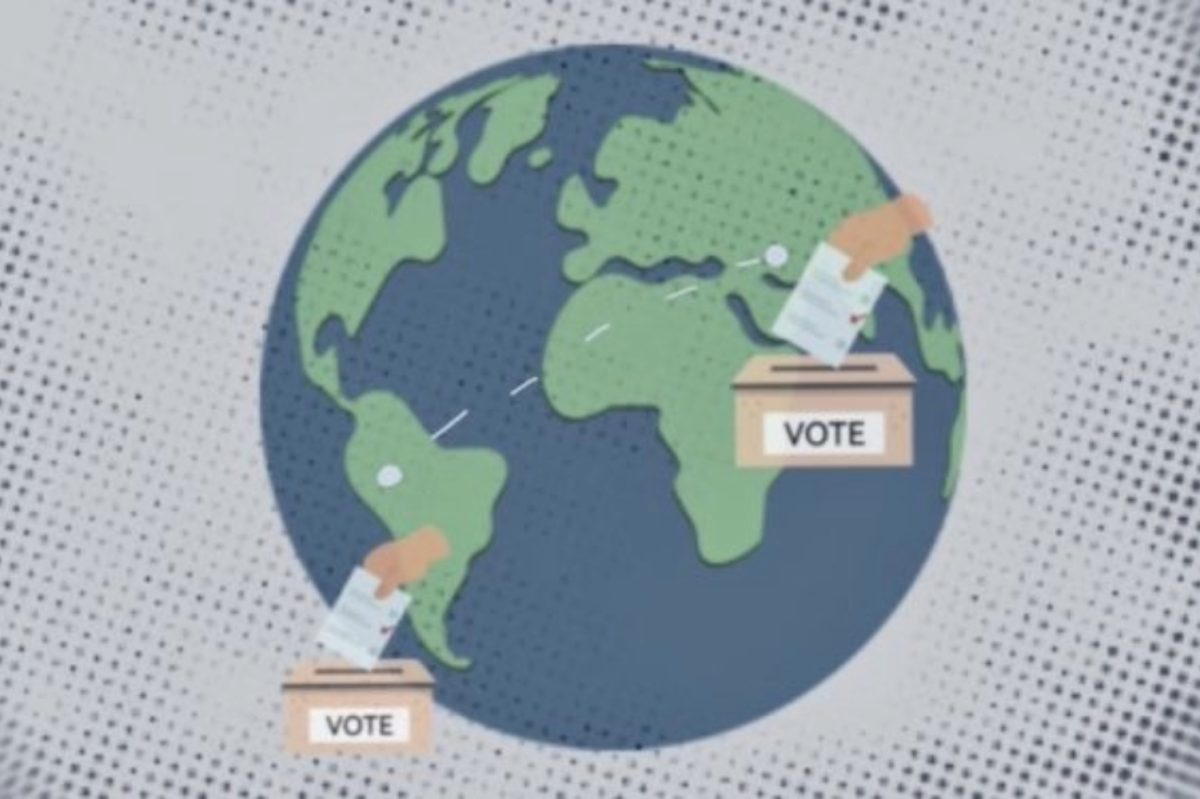With election season approaching, every eligible voter faces the same question: whether or not to cast their ballot.
While several will answer no to this question, there is a group of people for whom there is no right answer besides “no”: those who no longer permanently reside in a country but still want to be able to vote in that country’s election.
Oftentimes, those who have immigrated to a different (often more prosperous) country will look back on the country they emigrated from with an attitude of superiority. As a result, they feel they can elect more fitting officials for the government of the country they emigrated from because they know more about its needs.
This is simply untrue, and India is a prime example of its falseness.
There are countless American Indians, both Indian and American-born, who believe that the current prime minister of India, Narendra Modi, is “bad” for the country. A study done by the Carnegie Endowment for International Peace shows that a significant number of American Indians are less pro-Modi compared to Indians living in India.
This dislike can be attributed to several things. According to the Human Rights Watch, Modi’s dislike stems from what many believe to be his discriminatory nature, accusations of his persecution of groups targeted due to their religion, caste, ethnicity, or public opinion, and the deemed failure of his government to protect minorities.
Indians living in India, however, largely disagree with these assertions.
Modi has kept a focus on the poor and underprivileged in all his government policies, and his government continues to focus on the financial inclusion of those experiencing poverty. He has also begun programs to increase agriculture networks and protect forest resources.
He has launched the Digital India program, ensuring government services are available electronically. As such, Modi has overseen the infrastructure building so rural areas get high-speed Internet access, boosted the manufacturing of electronic goods in the country, and promoted digital literacy.
However, arguably, the most important thing Modi has done is give Indian citizens the confidence they previously lacked. According to the Press Information Bureau of India, under Modi, Indians have regained a sense of confidence and self-identity, as well as a newfound belief in their identity on the global stage.
In doing so, Modi has arguably done more for India’s prosperity than any prime minister before him.
As such, the reasons why those who have immigrated to a different country should not be able to vote in the elections of the country they have emigrated from become clear: not only are they unaware of what is best for that country, but they are largely uninformed about what it is truly like to live under the governance of the leader in power.
While they may remain educated about the politics of the country they have emigrated from, it is entirely unfair for them to expect to be able to vote in that country’s elections. To expect to be able to cast a vote in those countries is to assert that the citizens of the country are unfit to make decisions for themselves.
We should not look down upon any country as “inferior” to our own, and while we are encouraged to vote in our own country’s elections, this encouragement should stay within those boundaries. There is no reason to expect to be able to vote in another country’s elections; the citizens of that country are more than capable of doing so themselves.












